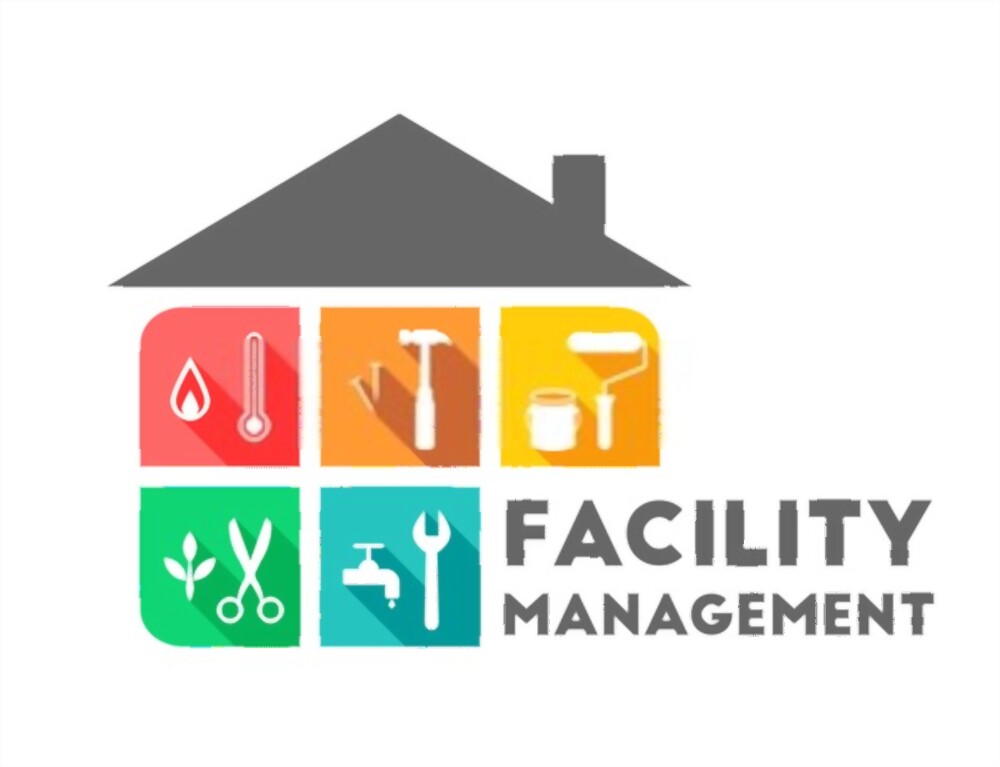Introductions:
Facility Management is a very broad term, encompassing a multitude of different tasks, disciplines, expectations, and careers. While there are some similarities, they are few and far between, with any overlap usually ending at the job title itself. Facility management careers are highly specialized, so much so that the occupation can only be understood by getting into elaborate detail. However, the term itself can be broken down into ten identified core types of facility management services.
Get a FREE consultation to reduce your Facility Cost
1. Asset Facility Management:
Asset management can be thought of as the ‘purest form’ of Facility Management and oversight. This type of facility management prioritizes attending to an organization’s assets to ensure utility, optimize functionality and add longevity. Asset management involves every step, from procurement to disposal.
2. Emergency Preparedness:
Emergency preparedness is twofold. It addresses both the workplace response to an emergency as well as creating a plan to get things back up and running after the crisis has been dealt with. Emergencies include anything that can disrupt the workplace or jeopardize employee wellness.
3. Wellness and Satisfaction in the Workplace:
Employee wellness is an aspect of emergency preparedness as well as its discipline. As one of the distinct types of facility management, it has less to do with mitigating the things that interfere with wellness and more to do with promoting wellness and satisfaction in general. It identifies ways to sustain motivation, productivity, and engagement. The objective is to help employees enjoy and feel good about the work that they do.
4. Environmental Sustainability:
Green living is not a new concept, but eco-friendly business practices have yet to reach the mainstream. Facility managers are tasked with helping organizations make the transition by finding simple ways to reduce their environmental impact, from recycling programs to reducing energy consumption.
5. Internal Communication and Engagement:
Internal and interdepartmental communication relies on both face-to-face interaction as well as technology such as VoIP and telephones. Facility managers who specialize in this area are tasked with implementing and monitoring the infrastructure required to keep all channels of communication open.
6. Project and Move Management:
It is one of the types of facility management that requires daily engagement from multiple groups of people. Workplaces are focusing on faster response times and mobility. Carrying this out is the responsibility of the employees, but making it possible through streamlining processes into a seamless transition falls to the Facility manager.
7. Property and Building Management:
Property and building management places the organization’s property into a cost-based context. Facility managers look at the reported overhead costs and make decisions regarding expansion or consolidation based on how it will impact stakeholders, who are interested in knowing how these changes will impact operations and output.
Also Read: What are the Top 5 facility management services?
8. Space Optimization and Floor Planning:
Analyzing floor plans and reviewing space utilization trends make up the bulk of the work in any space-related type of facility management services. The objective is to create an environment in which the space contributes to supporting workers in their daily operations.
9. Smart Office and Technology Integration:
The Internet of Things, or IoT, is dominating workplace technological trends. Digital resources are used to propel innovation. In order for these resources to work together, however, they must be able to ‘communicate’ with each other. A facility manager in this line of work tends to the nuances of integration, software, data systems, smart technology, and digital infrastructure.
10. Workplace Leadership and Strategy:
Understanding the workplace as it is will only take you so far. Being able to anticipate the workplace’s trajectory and how it will look years from now requires analysis and input from a future-oriented facility manager rather than one who focuses solely on assets, practices, and technology in the here and now. They work to build sustainable strategies for long-term success through innovation and forward-thinking leadership development.
Get a FREE consultation to reduce your Facility Cost
Conclusion:
No type of facility management trumps the others; each has its place and purpose. Knowing which of these types of facility managers is best for your organization comes down to your organization’s priorities and your facility’s needs.
Simple facility management, and experienced teams aid in the management, oversight, and control of maintenance, including equipment, resources, and legal compliance, for businesses. Allow us to take care of your facilities and job management requirements so that your business can save time and money.
Written By : Renu Pal









